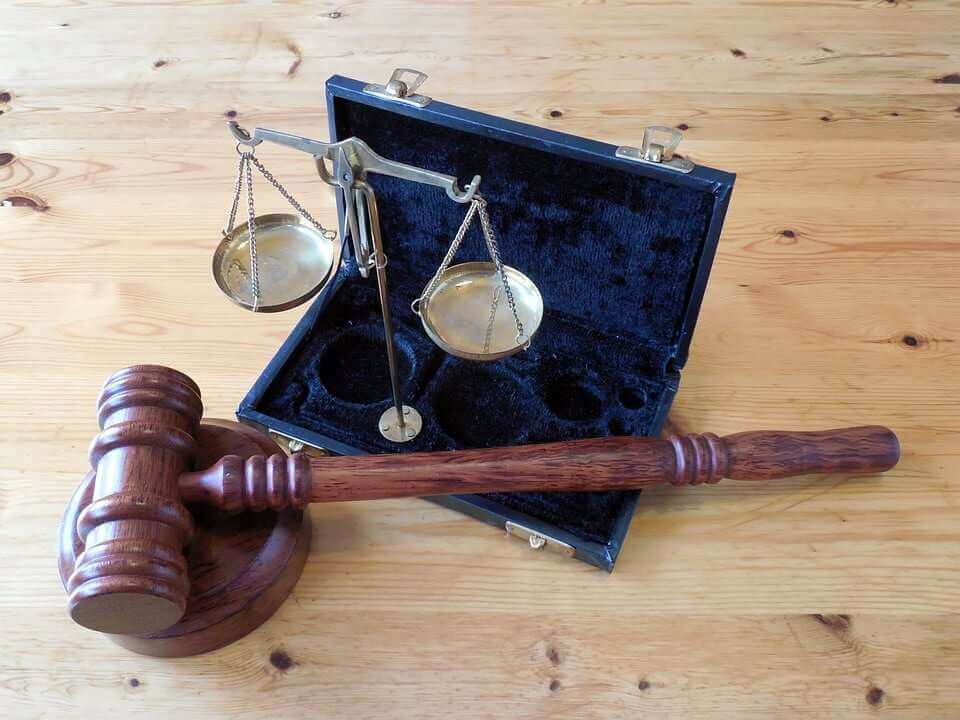About Patent
A Patent is a legal document granted by the government giving inventors the exclusive right to make, use, sell an invention for a specified number of years. Patents are also available for significant improvement on previously invented items. The main aim of the patent system is to encourage inventors to advance the state of technology by awarding them special rights to benefits from their invention, books, movies, and work of arts cannot be patented, but protection is available for such items under copyright law. Patent law is one branch of the large legal field known as intellectual property, which also includes trademark and copyright law. Patents center around the concept of novelty and inventive step. The right which they accord is to prevent all others, not just imitators but even independent devisors of the same idea from using the invention for the duration of the patent. The special potential of the patent is accordingly that it may be used to prevent all others from including any form of the invention in their product and service.

Do Know about the Law
You should know that what disclosures to should or should not make before you get to patent your inventions. You are not legally required to create a prototype before filing a patent application. However, depending on your invention and circumstances of your case, it may be beneficial to develop a prototype before filing a patent application. You should know all the rules regarding a non-patented invention. So that no one steals your idea without your consent.
Establish a Non-Disclosure or Confidentiality Agreement
A Non-Disclosure Agreement (NDA), is also known a confidentiality agreement (CA), or Confidential Disclosure Agreement, is a legal contract between at least two parties that outlines confidential material, knowledge, or information, that the parties wish to share with one another for certain purposes but wish to restrict access to or by third parties. It is a contract through which the parties agree not to disclose information covered by the agreement. NDA is generally signed by two parties, two companies, individuals, or other entities, are considering doing business and need to understand the process used in each other’s business for the purpose of evaluating the potential business relationship. NDAs can be mutual, meaning both parties are restricted in their use of material by the single party.
Don’t share it online
See, getting a patent is an expensive process that may even take several years. If you wait to get a patent first, then its likely to be old and irrelevant by the time you post. If you are planning to get a patent on an idea you better not disclose it publicly as you already know that posting online can be a treat to your invention you have not even taken protection on that. First thing First. Internet and Google are wonderful tools to find out everything you need to know, and sharing or broadcasting could be very easy on them. But this could, in turn, prove to be dangerous sometimes apart from being fruitful.

Another, perhaps more serious threat is the social network’s privacy policy. Anyone with a Facebook account has agreed to the social network’s “Statement of Rights & Responsibility,” which includes this part:For content that is covered by intellectual property rights, like photos and videos (“IP content”), you specifically give us the following permission, subject to your privacy and application settings: you grant us a non-exclusive, transferable, sub-licensable, royalty-free, worldwide license to use any IP content that you post on or in connection with Facebook (“IP License”). This IP License ends when you delete your IP content or your account unless your content has been shared with others, and they have not deleted it.File a Provisional Patent a
File a Provisional Patent Application
If you are worried about the cost of getting a patent then you should definitely think about the provisional patent application as your answer. As you progress forward with your invention you learn more each step of the way. It is best to file a patent application as soon as possible so consider filing a provisional patent application as soon as your invention is concrete and tangible enough to describe Then as you make improvements you can file another provisional application or just move to non-provisional patent application. Another key benefit of a provisional patent application is that the patent office will do not do anything with the provisional patent application claiming the benefit of the priority of the provisional patent application filing date. This means no more PTO fees and no additional attorney’s fee unless and until you want to move forward.

Provisional patent applications are excellent tools for inventors who are continuing their work on their invention. Describe what you have at the moment and file it as a provisional patent application. Then when you are done working on the invention, or before the provisional becomes abandoned at 12 months (whichever is first), file the nonprovisional patent application that includes the earlier described aspect of your invention as well as any improvements or additions.





